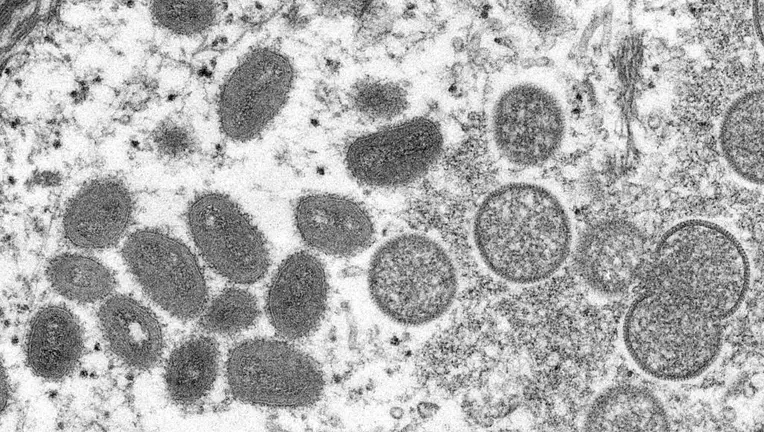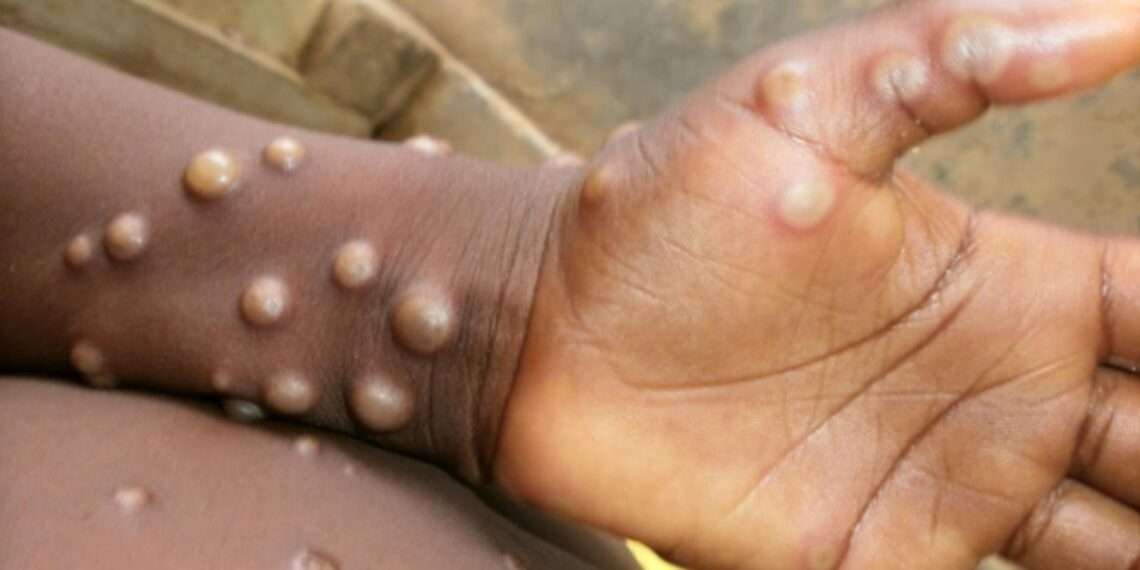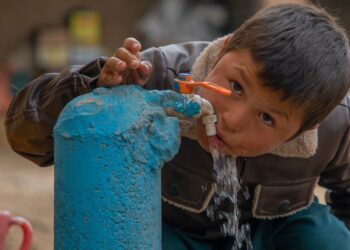The World Health Organization has renamed monkeypox as mpox after complains that the original name of the decades-old animal disease is discriminatory and racist.
The United Nations health agency disclosed in a statement on Monday, November 28, 2022 that mpox was the new preferred name for monkeypox.
Both monkeypox and mpox would be used for the next year while the old name is phased out.
In the statement, WHO expressed that it was concerned by the “racist and stigmatizing language” that arose after monkeypox spread to more than 100 countries.
Moreover, numerous individuals and countries asked the organization “to propose a way forward to change the name.”
World Health Organization, in accordance with the International Classification of Diseases (ICD) update process, held consultations to gather views from a range of experts, as well as countries and the general public, who were invited to submit suggestions for new names.
This happened shortly after the United Nations agency declared monkeypox’s spread to be a global emergency.
To date, there have been more than 80,000 cases identified in numerous countries that had not previously reported the smallpox-related disease.

Until May, monkeypox, a disease that is thought to originate in animals, was not known to trigger large outbreaks beyond central and west Africa.
Outside Africa, nearly all monkeypox cases have been in gay, bisexual or other men who have sex with men. Scientists believe monkeypox triggered outbreaks in Western countries after spreading via sex at two raves in Belgium and Spain.
Vaccination efforts in rich countries, along with targeted control interventions, have mostly brought the disease under control after it peaked in the summer.
In Africa, the disease mainly affects people in contact with infected animals such as rodents and squirrels. The majority of monkeypox-related deaths have been in Africa, where there have been almost no vaccines available.
Monkeypox First Named In 1970
Monkeypox was given its name in 1970 (after the virus that causes the disease was discovered in captive monkeys in 1958) when research monkeys in Denmark were observed to have a “pox-like” disease, although they are not thought to be the disease’s animal reservoir.
It spreads mainly through skin-to-skin contact, but it can also be transmitted through clothing and bedsheets used by someone with monkeypox. Symptoms include fever, body aches, chills, fatigue and bumps on parts of the body.
Although WHO has named numerous new diseases shortly after they emerged, including Severe Acute Respiratory Syndrome(SARS) and COVID-19, this appears to be the first time the agency has attempted to give a new name to a disease, decades after it was first named.
Several other diseases, including Japanese encephalitis, German measles, Marburg virus and Middle Eastern Respiratory Syndrome have been named after geographic regions, which could now be considered prejudicial. WHO has not proposed to alter any of those names.
READ MORE: Anti-Polio Campaign Launched In Pakistan





















